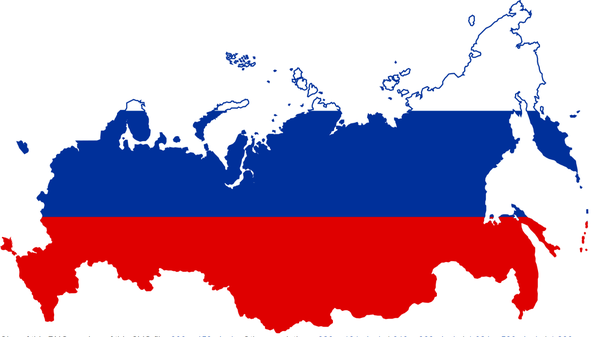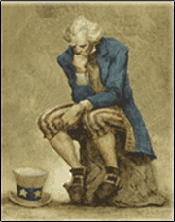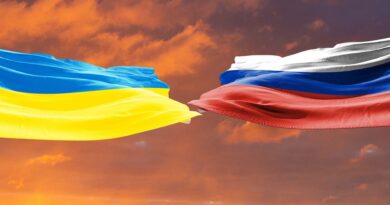How the ‘Russian Federation’ contradicts itself
March 16, 2023
Dictatorship is a very old system of government. In today’s terms, it relies on the power of one party. Under such a system, the separation of powers — executive, legislative, and judicial — required by democracy since Locke and Montesquieu, is impossible. The Bolshevik Communist Party ruled in the territory of “historical Russia.” In Russia, the one-party system was created ten years after the collapse of the USSR and the formation of the Russian Federation. In all elections to the parliament, the State Duma, the “United Russia” party has a majority. In this respect, the Russian Federation has become the successor of the USSR. However, in Tsarist Russia after 1905 the autocracy allowed a multiparty parliament. In the USSR, power was concentrated in the hands of one party and, more often than not, in the hands of one leader. Vladimir Putin, the leader of the “United Russia” party, has been president of the country for 18 years and its prime minister for four years. Instead of the Soviet one-party system, the Russian one-party system was born.
Obviously, Russia cannot escape its traditional one-party system. The one-party system is condemned to expand its territory through ideological heating, as it seeks to subjugate other countries to its “truth.” For this reason, single-party countries import revolutions, socialist, Islamic, and otherwise. Multiparty countries export “soft” revolutions, revolutions of “dignity,” which seek to create multiparty regimes, often uncharacteristic and even alien to the peoples of the countries in which the “grapes of wrath” are ripe. Multiparty countries often perpetrate violence against other countries, trying to instill in them a democracy that is repulsive to those countries.
The Russian Federation’s war in Ukraine is being waged under the slogan “United Russia,” according to the name of its ruling party: Ukraine must be part of “United Russia.” The war in Ukraine should be seen as an import of “United Russia” ideology, not only as an operation to restore the USSR, but also as an operation to return to the territory of the Russian Empire, and as an operation to reconstruct Russian imperial history, about which the current leader of the “United Russia” party, Putin, recalls, writes, and speaks a lot. The slogan of socialism “Workers of all countries unite!” was replaced by the slogan “The peoples of the former regions of the Russian Empire and the Soviet Union unite under the umbrella of Russia!”
The Russian Federation is called a federation, but it is a unitary state. True federalism implies equality of rights and opportunities for its participants. The name “Russian Federation” contains a contradiction, the resolution of which can be found by discovering that the Russian people, the Russian language and the “Russian world” are the basis of the ideology of a centralized unitary state. Since Putin came to power, the Russian government has applied the term “Russian world” to “compatriots” and “Russian-speaking minorities” who found themselves outside of Russia after the collapse of the Soviet Union. At the opening of the Congress of Compatriots, Putin for the first time publicly mentioned the need to “consolidate and structure a unified Russian world,” declaring that this operation should become one of the main objectives of state policy. In 2006, Putin stated that “the Russian world can and must unite all those who care about the Russian word and Russian culture, no matter where they live, in Russia or abroad.” “The ‘special military operation’ in Ukraine is the result of the imperial ‘unification and gathering of the lands of the Russian world.”
The one-party system shapes one-variant thinking, creating clearly defined notions of good and evil: the system is good, doubts about its perfection are evil. The system is an achievement of civilization, and the “special military operation” is an expansion to conquer the people, to whom Russia carries the special “light” of its “civilization”, similar to the “radiation” of the Third Rome. Because of the approach of this “civilization,” the former territories of the Russian Empire — Poland, Lithuania, Latvia, and Estonia — have already joined NATO, and Finland is in the process of being accepted into this organization. They did not want to be part of the Russian unitary state again, as part of “United Russia.”

Image: Дмитрий-5-Аверин
If you experience technical problems, please write to helpdesk@americanthinker.com
FOLLOW US ON
‘); }



